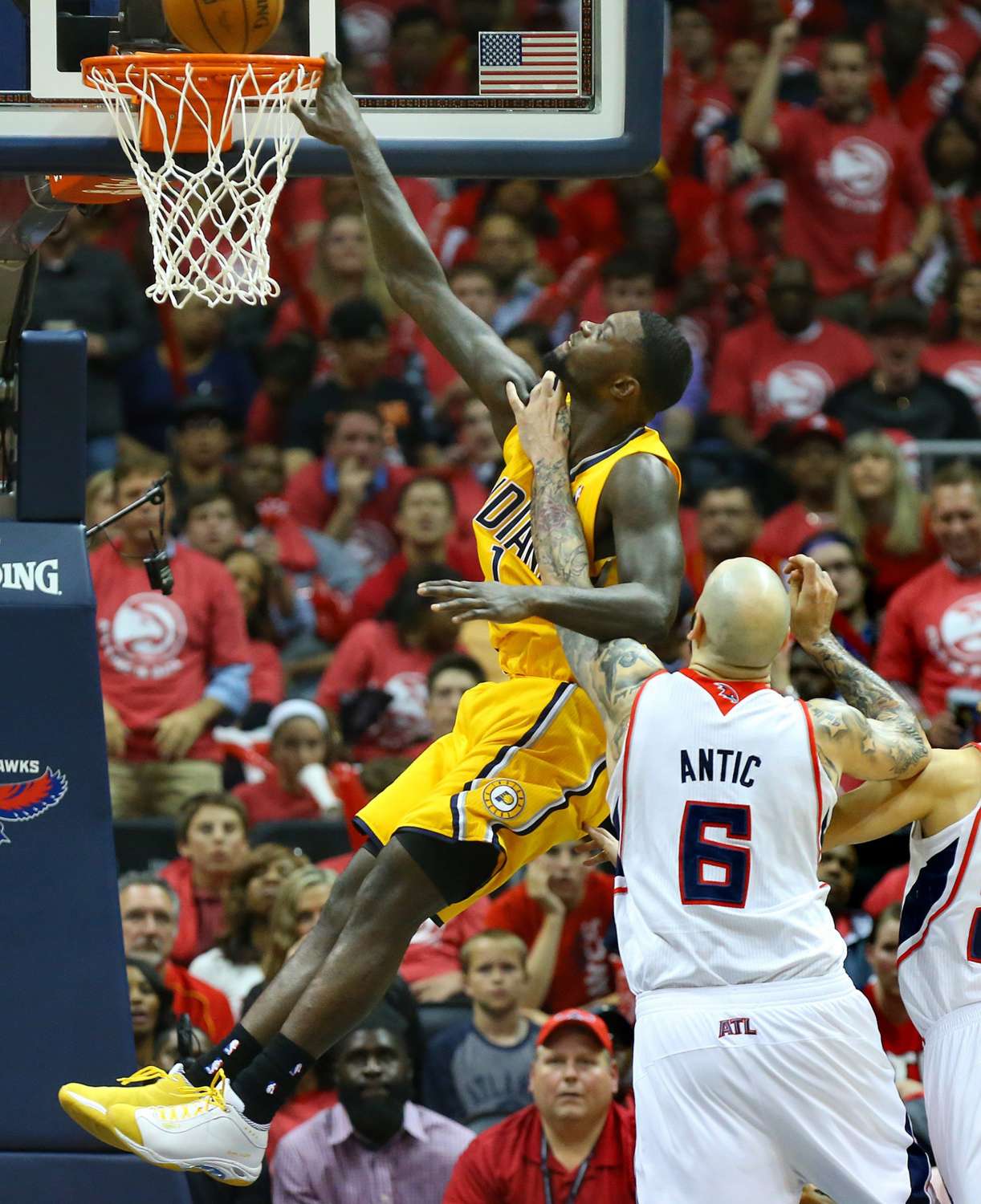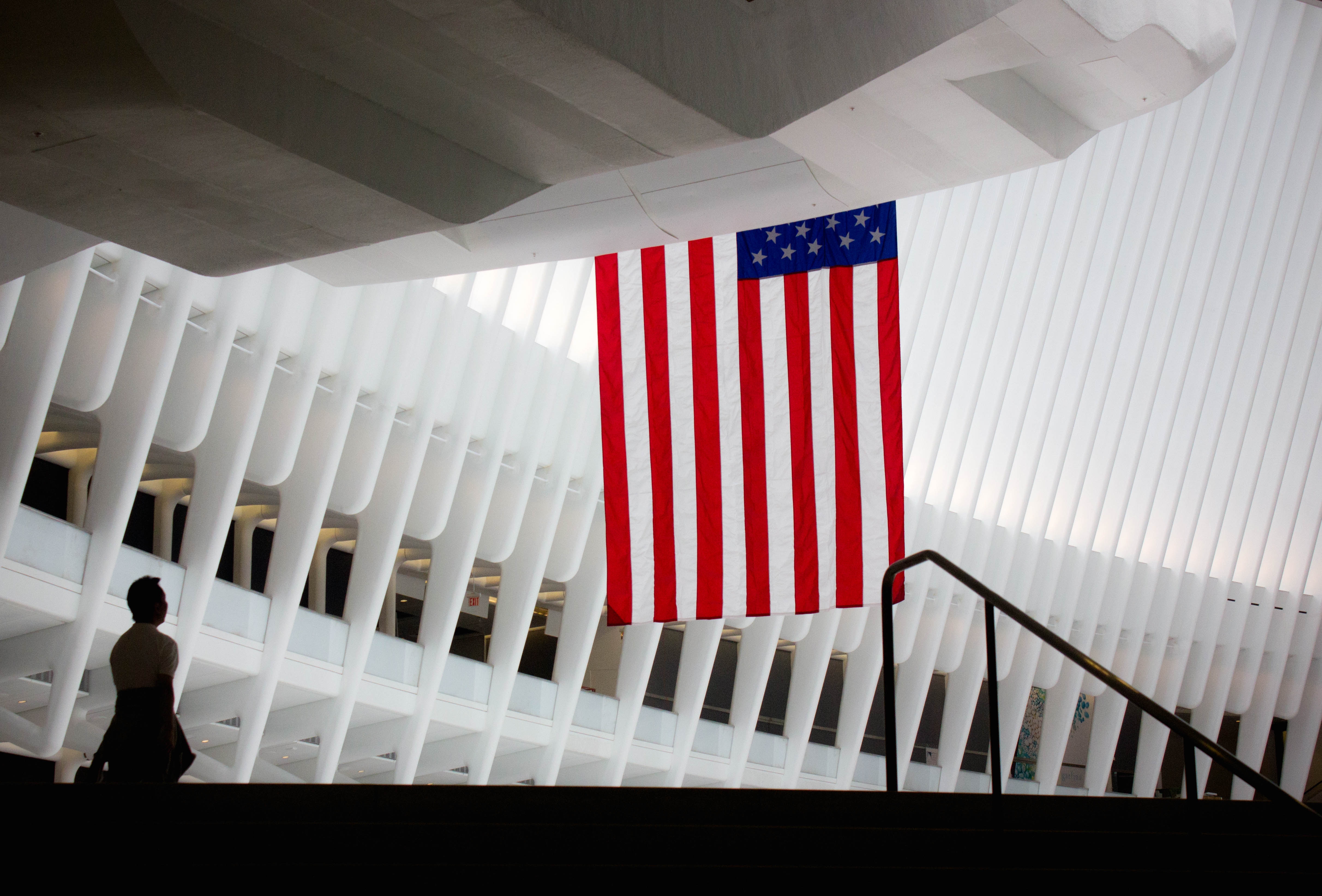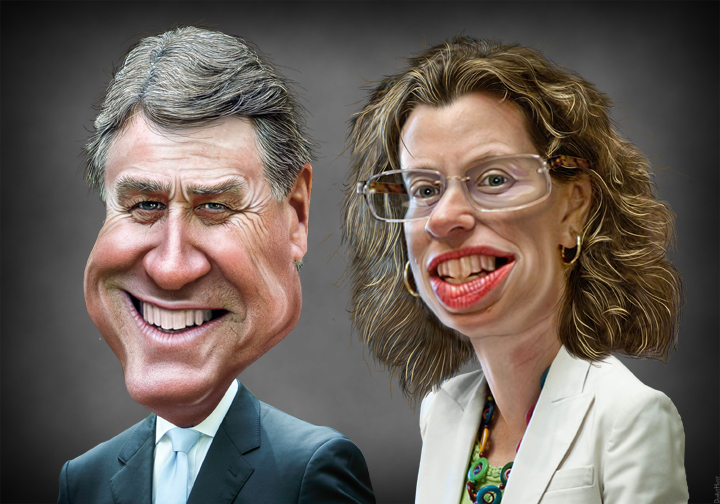Mike Foster (Opinion Editor)
Effectively discussing demographics without prompting outrage is an art. The same art that the Atlanta Braves organization mastered, Atlanta Hawks co-owner Bruce Levenson butchered. Instead, he alienated a majority of his fanbase, and it will take a new owner—likely invited with open arms—to change the scene.
Levenson, part of the Atlanta Spirit LLC group that has disconnectedly owned the Atlanta NBA franchise since 2004, self reported in inappropriate e-mail to the league Sunday and announced his intent to sell the team.
In the email, Levenson complained about the black demographic at Hawks games, saying that “the black crowd scared away the whites and there are simply not enough affluent black fans to build a significant season ticket base.”
He continued: “I have told them I want some white cheerleaders and while I don’t care what the color of the artist is, I want the music to be familiar to a 40-year old white guy if that’s our season (tickets demographic).”
Addressing demographics and markets isn’t anything along the lines of racist, but it is if you deliver the pitch like Levenson did. What Levenson said isn’t quite as outrageous as former Los Angeles Clippers owner Donald Sterling’s comments that lost him control of his franchise, but it’s also nothing new.
The other professional sports franchise in Atlanta that has struggled with attendance and game day experience is the Atlanta Braves. Game day experience at Turner Field isn’t all “hip hop,” as Levenson described Philips Arena, but attendance numbers have faltered at 755 Hank Aaron drive too.
In 2014, the Braves, a perennial contender in the national league, only ranked 18 out of 30 in ticket sales. The Atlanta Hawks were 28th in the NBA, according to ESPN Stats and Info.
Is there a real gripe? Yes. All Atlanta fans know what it is: The ticket-buying population in Atlanta lives outside the perimeter, and getting to games is a hassle. Also, that population is majority white, whereas the population in downtown Atlanta—the folks who can find time on a Tuesday night to catch a train ride to a Hawks game—are mostly black.
According to city-data.com, Atlanta is 53 percent black alone households, while just 36 percent white alone. It’s not racism. It’s statistics.
But, the alienation of your city’s majority population is undoubtedly a tough issue. The Braves did their best to circle around the conversation, moving to Cobb County to reach its season ticket holders.
On Jan. 25, the Associated Press produced a story by Ray Henry discussing racial division in Atlanta and sports.
Braves executive vice president Derek Schiller was quoted in the article, saying “We don’t look at the exact makeup of the race, religion factor of that ticket buyer.
“What we’re concerned about as a business that sells tickets is where do our ticket buyers come from?”
Whether you won’t to believe it or not, that sentence translates to moving away from one demographic and toward another. But, the Braves, at least to this point, don’t have any racist interpretations of this strategy on record.
The difference between the Braves and Hawks is that baseball is a sport more popular in white households, while basketball is much more popular in black households.
Levenson is resistant to his target demographic, rather than accepting. That’s the difference, and an issue that, ironically, is bad business.
The good news? There’s an easy solution to all of these market numbers: Winning, and general popularity.
Since Arthur Blank took over the Atlanta Falcons in 2001, he’s, for the most part, united the city with branding that includes gospel choirs, Samuel L. Jackson’s forehead wrinkles, and mascots on 4-wheelers.
And the team has a winning record since then. Aside from the divide caused by the Michael Vick incident in 2007 and questionable public funding, backed by mayor Kasim Reed, Blank has reeled in high praise, whether it be from the downtown area to loyal fans in Gainesville, near Falcons headquarters, who drove over an hour on game days.
At the end of the day, Levenson’s comments and the Braves move have alienated, whether intentional or unintentional, the fanbases. You would think owners would know better, but Atlanta fans have generally not been too keen of the Hawks and Brave ownership in recent years. Levenson’s white flag might be good news.




